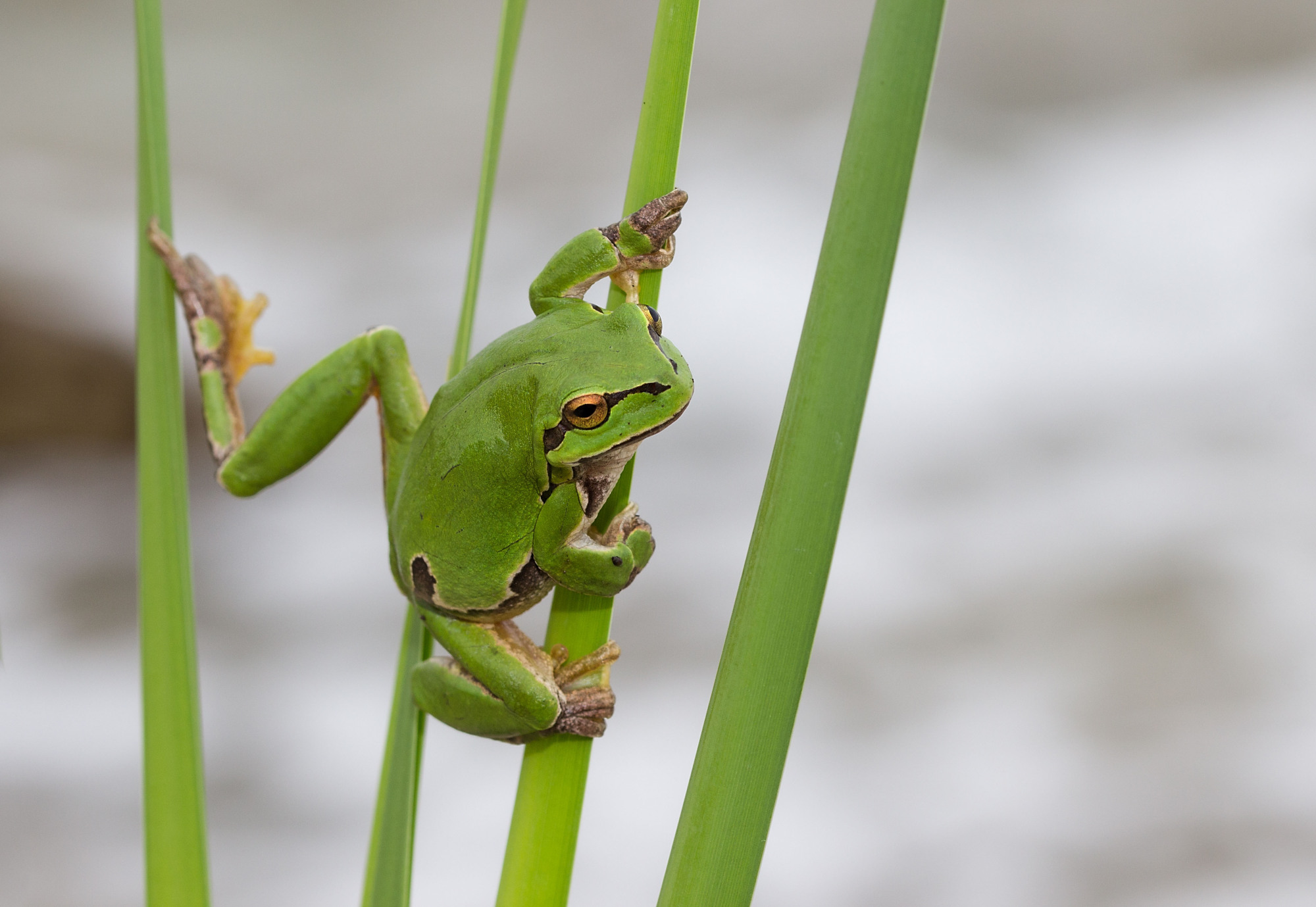A glass-half-full attitude about our planet might seem naive in this age of melting ice caps, plummeting animal populations and warnings of impending climate change catastrophe.
In extremely degraded places such as Haiti, the glass appears 99 percent empty: A new study shows that almost all of the Caribbean nation's original forest has been turned into farms and naked dirt. I probably would have absorbed this news as another tragic defeat, but in visiting that last sliver of forest I saw that even the most desolate and ravaged areas can be redeemed.
Improbably, a fairly tale world of miniature frogs and lizards survives in Haiti — dozens of species found only in that environment. Wildlife doesn't always disappear in proportion to lost forest, but clings to what's left, waiting for one final collapse. In a scientific paper published in November in the Proceedings of the National Academy of Sciences, researchers estimate that with the current rate of deforestation, the ecology will collapse within the next 20 years.


















With your current subscription plan you can comment on stories. However, before writing your first comment, please create a display name in the Profile section of your subscriber account page.